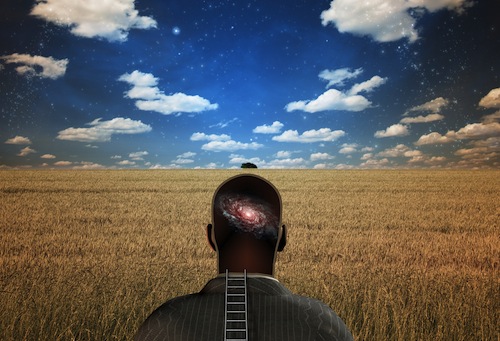 Horror stories. Love stories. True crime. Fairy tale. Myth. Parable. The evening news. Stories help us form our beliefs and values. They shape our fears and dreams. They help us decide how we want to fall in love, what we think is fair, and how to negotiate the world. We are story-making, story-devouring creatures, and our personal stories often rule us.
Horror stories. Love stories. True crime. Fairy tale. Myth. Parable. The evening news. Stories help us form our beliefs and values. They shape our fears and dreams. They help us decide how we want to fall in love, what we think is fair, and how to negotiate the world. We are story-making, story-devouring creatures, and our personal stories often rule us.
Master storytellers and their words arouse emotions and teach sacred lessons. Some believe that Jesus told some pretty memorable yarns to make his points. Famous for his storytelling knack, the Buddha also taught through parable. Philosophers wield parables to make sense of chaos. Poets from Homer to the Beatniks reach fever pitch warning, playing, explaining, instructing.
Stories have shaped the lives of listeners and readers through the ages, and we are hardwired for them to have that effect.
The Story-Emotion Circuit
Just like stories you read or watch on the news, the stories you tell yourself and others about your life influence your emotions. The more often you repeat your story, the more powerful its impact on the way you feel. Tell a story that makes you feel bad and you feel bad. Tell a version that is encouraging and you are filled with hope.
Since we live in a land of stories of our own creation, we have the option to invent a new story. We can generate mindful, compassionate, insightful stories that fill us with support, confidence, and peace. We can start celebrating, seeing, and inventing the stories that will bring us joy in each moment.
Without conscious intervention, we can get caught up in a web of our own spinning. “You forget that you are the author of the story. The story is a trap you created,” writes author Lola Jones in her book Things Are Going Great in My Absence.
Different parts of the brain get fired up depending on what a story is about. If someone mentions food, the sensory cortex lights up. If a character is running, the motor cortex is alerted. Our brains become the story we hear.
Letting Go of Negative Stories
The default mind likes gossip because it feeds the big blue story monster. (“Num num num. Me want stories.”) Negative gossip offers a temporary fix but not joy. A healthier idea is to turn the mind to stories of gratitude and appreciation. This is one of the best ways to boost bliss using the human built-in Story-Emotion Circuit.
Feelings are created by stories according to how we interpret those stories. Maybe your boss is unreasonable and your child’s teacher doesn’t see that your child is just being a child. You might fail, you might not get the girl, you might not lose the weight. They are all stories: emotion-generating stories.
How beautiful it is to know that at any moment, we can pick among the stories we tell ourselves and ask, “Does this even matter?” or “Is this even real at this moment? Does it really count?” Often the answers are no, and we can turn toward our wiser self for new thoughts and better stories.
Recently a friend of mine overheard someone gossiping about her health in terms of some scary future limitations it might bring. Angered at first, my friend switched gears to feeling mode, felt through the pain of what she overheard, and then listened as her wiser self soothed her with a more affirming story about her own health and the possibilities for recovery.
Since we live in a land of stories of our own creation, we have the option to invent a new story. We can generate mindful, compassionate, insightful stories that fill us with support, confidence, and peace. We can start celebrating, seeing, and inventing the stories that will bring us joy in each moment.
Let’s create the dramas we want and make stories as wonderful as the world is full of wonder.



